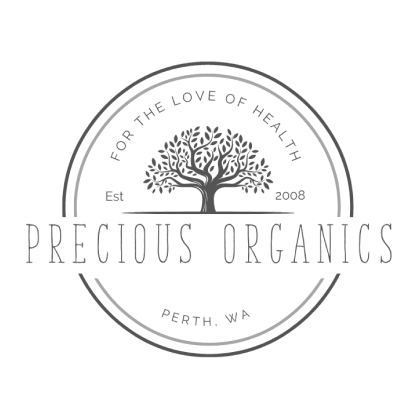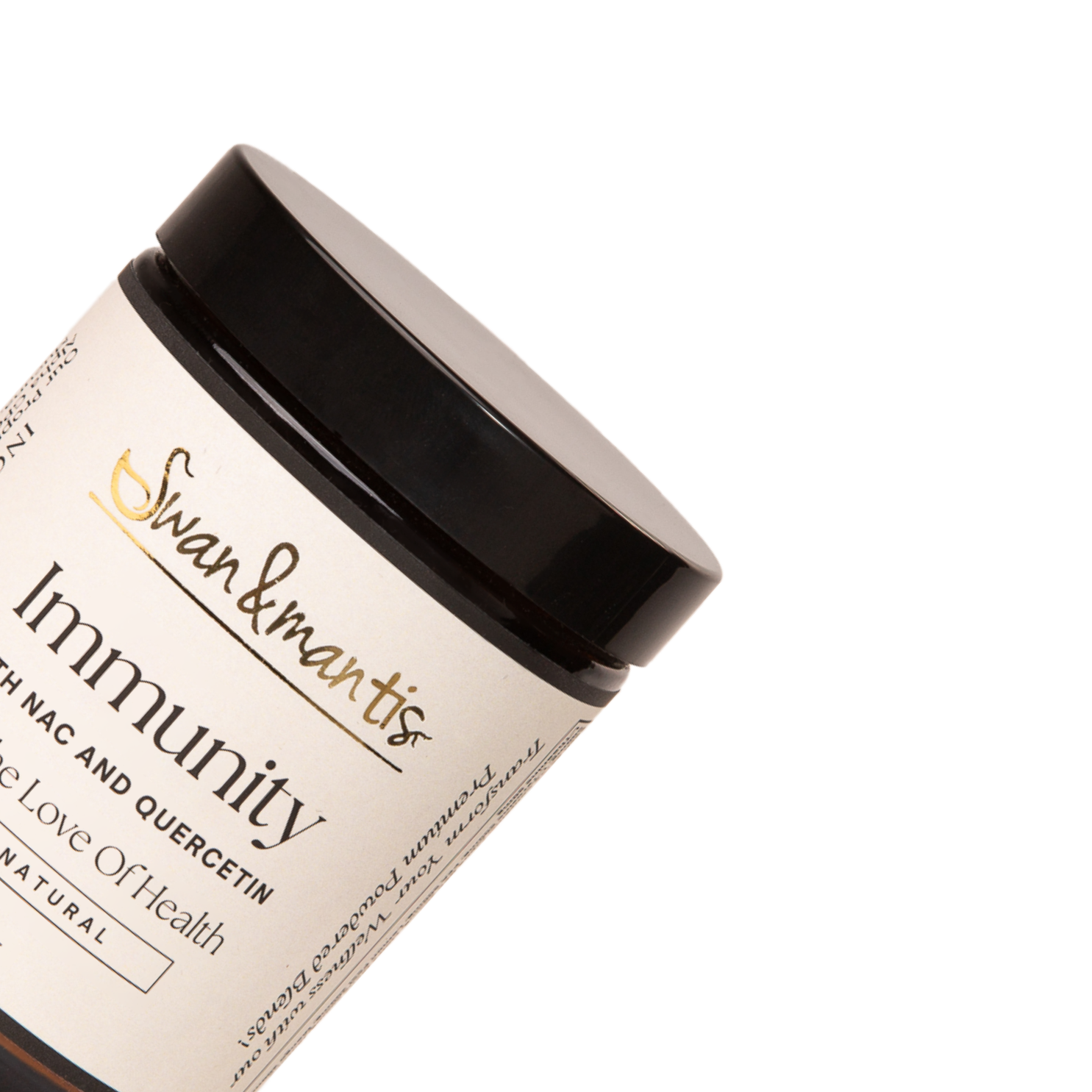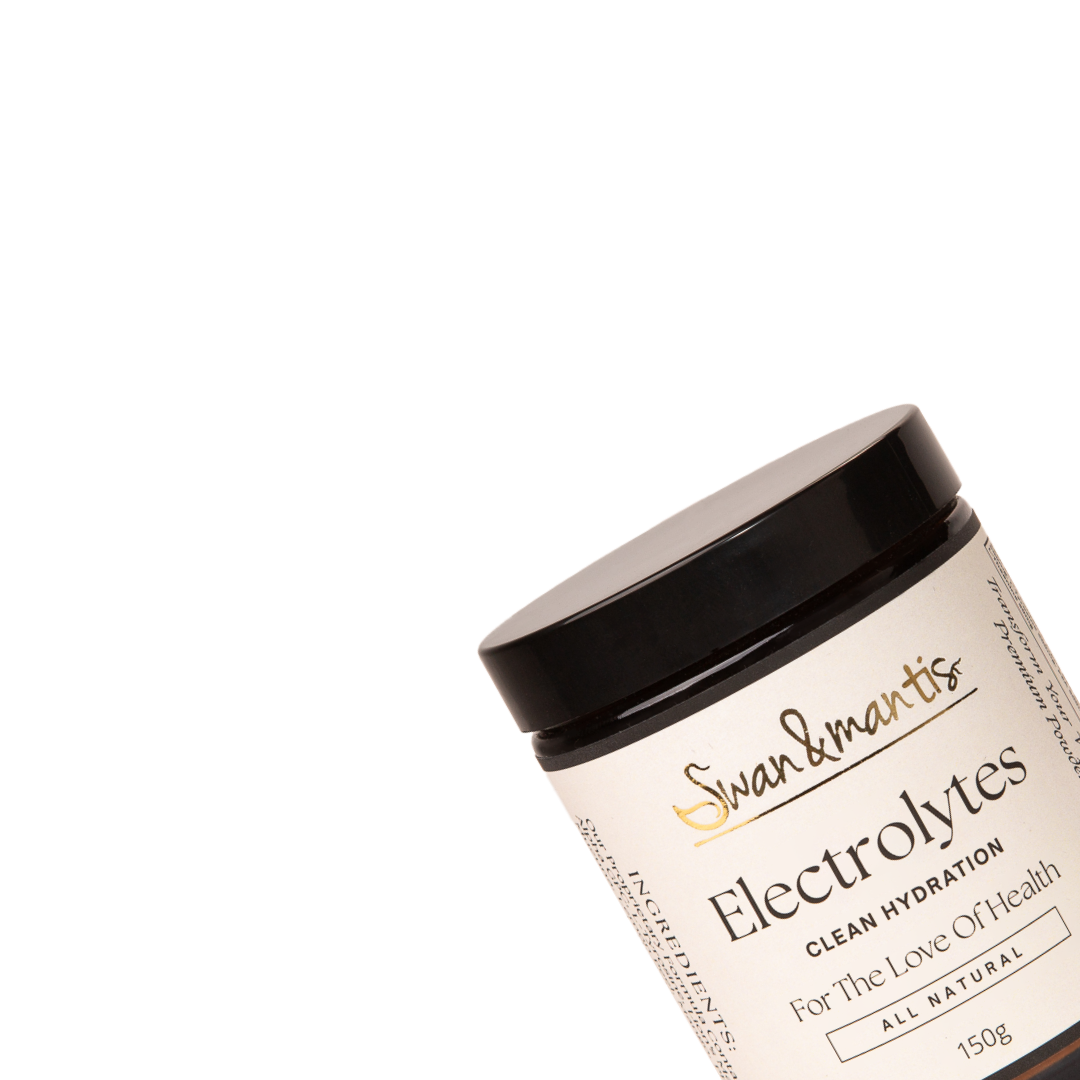Hemp Seed: One of Nature's Perfect Foods
• Hemp protein is the gift of the vegetable world. No where else in nature can someone get a more complete protein source from one place.
• Hemp seeds contain up to 36% protein.
• The protein in hemp seed is comprised of approximately 65% of Edestin and can be
found only in hemp seed protein.
• Edestin aids digestion, is low in phosphorus and is considered the backbone of human cellular DNA.
• The other one third of hemp seed protein is Albumin, another high quality globulin protein similar to that found in egg whites.
• Since hemp seed protein is 65% globulin Edistin, and also includes albumin, its protein is readily available in a form quite similar to that found in blood plasma.
• Hemp protein contains all 20 known amino acids including the 8 essential and 2 semi-essential amino acids (EAA’s) our bodies cannot produce. Proteins are considered complete when they contain all 9 essential amino acids in a sufficient quantity and ratio to meet the body's protein requirements.
• Hemp seed oil may be nature's most perfectly balanced oil. It contains an ideal 3:1 ratio of omega-6's [linoleic acid] to omega-3's [alpha-linolenic acid] for long-term use, and provides the omega-6 derivative gamma-linolenic acid (GLA).
• No other single food source has the essential amino acids in such an easily digestible form, nor has the essential fatty acids in as perfect a ratio to meet human nutritional needs.
• Hemp seed is an excellent source of calcium and iron. Whole hemp seeds are also a good source of phosphorus, magnesium, zinc, copper and manganese.
• Hemp seed is gluten free and consequently will not trigger symptoms of celiac disease
• Hemp protein is also free of oligosaccharides found in soy, which cause stomach upset and gas.
Benefits of Hemp Seed
30th September 2013
Guest Writer for Wake Up World
Hemp is a plant so versatile in its uses, it’s hard to believe there are some fools among us who stifle its uses. It’s a shame, because around the globe, hemp has been used for centuries to make rope, wax, paper, cloth, fuel and as a food source. Nutritionally, the seeds of the plant are one of the most complete sources of vitamins, minerals, essential fatty acids, and potent antioxidant activity.
Excellent Plant-Based Source of Protein and Essential Fatty Acids
Hemp seed offers a high quality protein source with an amino acid profile that exceeds many meat and dairy-based protein sources; this can be extremely attractive to vegetarians and vegans. A recent Chinese study examined hemp seed to evaluate its physiochemical and chemical composition. The results revealed a protein content higher than most grains and nuts and concentrations of unsaturated fats in excess of 90%, much more than most vegetable oils. [1] The polyunsaturated fatty acids were primarily comprised of linoleic and alpha-linolenic acids. High concentrations of vitamin E were also observed. [2]
The results of this study set the bar for hemp seed and indicated it is truly one of the most nutritious foods available. Let’s start by taking a look at how linoleic and alpha-linolenic fatty acids have been identified as essential to health…
The Benefits of Alpha-Linolenic Acid (ALA)
Alpha-linolenic acid (an omega-3 fatty acid) as found in hemp seed has been associated with…
-
Balanced lipid levels
-
Reduced redness and swelling in the body
-
Stable blood pressure
-
Smoother, healthier skin
-
Healthy brain function
-
Immune system support
-
Reduced problems associated with blood clotting
Studies have also demonstrated that people with low levels of ALA may suffer from metabolic syndrome. Metabolic syndrome can be a problem as it increases the risk for type II diabetes and cardiovascular disease. [3]
Linoleic Acid: Good for Skin and Hair, Great for Organs
Studies have shown linoleic acid (an omega-6 fatty acid) occurs naturally, in hefty amount, in hemp seed. [4] Appropriate proportions of omega-3 and omega-6 fatty acids must be maintained for health — and hemp seed offers an almost perfect balance. Linoleic acid contributes to radiant skin, liver and kidney function, hair growth, proper immune function and cardiovascular health.
Hemp Seed Has Powerful Antioxidant Activity
Researchers have determined hemp seed contains high phenolic content and powerful antioxidant properties. In one test, hemp seed antioxidants outperformed flaxseed, soybean, and grapeseed extracts in total antioxidant activity. It also provided greater protection against LDL oxidation, a common factor in cardiovascular problems. [5] Additional antioxidant activity was observed in its amino acid profile. [6]
Hemp Seed for Complete Cardiovascular and Brain Support
Hemp seed also contains vitamin E, an essential vitamin for cardiovascular and brain health. Without vitamin E, brain function suffers and voluntary muscle control can be lost — big problem. Vitamin E provides important antioxidant effects for polyunsaturated fatty acids (the omega-3s and -6s) as it protects them from oxidation and supports cardiovascular health. [7]
Another added bonus with hemp seed is that hemp seed provides an ideal medium for vitamin E absorption because vitamin E is fat-soluble, ensuring greater vitamin E bioavailability.
There are a lot of ways to consume hemp seed, what’s your favorite? Please leave a comment below and share it with us!
-Dr. Edward F. Group III, DC, ND, DACBN, DABFM
Article References:
-
House JD, Neufeld J, Leson G. Evaluating the quality of protein from hemp seed (Cannabis sativa L.) products through the use of the protein digestibility-corrected amino acid score method. J Agric Food Chem. 2010 Nov 24;58(22):11801-7. doi: 10.1021/jf102636b. Epub 2010 Oct 26.
-
Chen T, He J, Zhang J, Zhang H, Qian P, Hao J, Li L. Analytical characterization of Hempseed (seed of Cannabis sativa L.) oil from eight regions in China. J Diet Suppl. 2010 Jun;7(2):117-29. doi: 10.3109/19390211003781669.
-
Robinson LE, Mazurak VC. N-3 polyunsaturated fatty acids: relationship to inflammation in healthy adults and adults exhibiting features of metabolic syndrome. Lipids. 2013 Apr;48(4):319-32. doi: 10.1007/s11745-013-3774-6. Epub 2013 Mar 1.
-
Kuhnt K, Degen C, Jaudszus A, Jahreis G. Searching for health beneficial n-3 and n-6 fatty acids in plant seeds. Eur J Lipid Sci Technol. 2012 Feb;114(2):153-160.
-
Chen T, He J, Zhang J, Li X, Zhang H, Hao J, Li L. The isolation and identification of two compounds with predominant radical scavenging activity in hempseed (seed of Cannabis sativa L.). Food Chem. 2012 Sep 15;134(2):1030-7. doi: 10.1016/j.foodchem.2012.03.009. Epub 2012 Mar 12.
-
Girgih AT, Udenigwe CC, Aluko RE. Reverse-phase HPLC separation of hemp seed (Cannabis sativa L.) protein hydrolysate produced peptide fractions with enhanced antioxidant capacity. Plant Foods Hum Nutr. 2013 Mar;68(1):39-46. doi: 10.1007/s11130-013-0340-6.
-
Niki E, Traber MG. A history of vitamin E. Ann Nutr Metab. 2012;61(3):207-12. doi: 10.1159/000343106. Epub 2012 Nov 26.
How much hemp seed, protein and oil products is it recommended I consume?
Our overseas customers often ask this so here is what we have found.
There have been no known cases of overdosing with hemp products. They do not get you 'high' no matter how much you eat. Amounts will always vary depending on your build and current diet. Everyone is individual and is recommended to take advice from their medical professional and use this as a guideline only.
Hulled Hemp Seeds
1 tablespoon per day, once a day - usually in the mornings is sufficient for the average person. If you have an ailment such as psoriasis, eczema, are pregnant or breastfeeding then 3 tablespoons per days. Most people recognise an improvement within 2 weeks. Take higher dose for at least one month after symptoms have disappeared. Hemp Seed protein is ideal for those up to the age of 2 and from age 6 onwards. For ages 2-5 years it is recommended to consume protein with higher amounts of Lysine (such as soy or animal).
For a more focussed EFA supplement 1-2 tablespoons per day is recommended. As for the hemp seeds, this should be adapted depending upon your symptoms and existing diet.
Hemp Protein
For anyone who is not a professional athlete, your protein requirements is going to be fairly modest, one or two teaspoon of hemp powder on breakfast or in a smoothie is going to be a worthwhile addition to your diet.
For athletes and those wanting to build muscle/ burn fat research from body building experts with direct personal experience indicates a need to consume 1.6 grams of hemp powder (50% protein) per kilogram of body weight per meal with up to 4 of those meals in a day.
Our researcher stated "I personally see my muscles growing on one such meal per day."
For example, an 80kg man wanting to build muscle would need to consume 80 x 1.6 = 132g. A heaped tablespoon contains 25g therefore 132g would require just over 5 heaped tablespoons.
There is some very good science behind why it is this amount. Research also suggests that this should be consumed in a SINGLE meal and not spread out through the day eg. 5 smaller smoothies with one tablespoon each will not create muscle growth.


